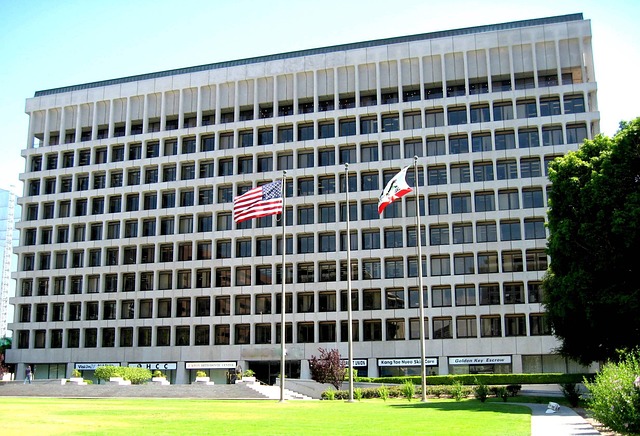Los Angeles nonprofits are leading a consumer education revolution by providing financial literacy programs to vulnerable populations. They collaborate with schools and community centers, hosting events and using digital tools to engage residents in budget management and credit understanding. This multi-faceted approach fosters trust and empowers individuals to make informed decisions. Measuring impact through surveys, focus groups, and data analysis ensures program effectiveness, allowing nonprofits to refine their strategies and maximize positive outcomes for the Los Angeles region.
In Greater L.A., nonprofits play a pivotal role in consumer education, empowering residents with knowledge and skills to make informed decisions. This article explores the initiatives of local organizations dedicated to promoting financial literacy, community engagement, and digital adaptation. From uncovering the impact of these nonprofits to evaluating their success through measurable outcomes, we delve into how they’re transforming lives one piece of information at a time.
Unveiling Local Nonprofits: Their Role in Consumer Education
The Rise of Los Angeles-Based Organizations Promoting Financial Literacy
In recent years, Los Angeles has witnessed a surge in consumer education initiatives led by local nonprofits dedicated to empowering residents with financial literacy skills. These organizations recognize that financial knowledge is a powerful tool for personal growth and community development. By offering workshops, resources, and support, they aim to break down complex financial concepts and help individuals make informed decisions. From managing budgets to understanding credit scores, these Los Angeles-based initiatives are fostering a culture of financial wellness.
Many of these nonprofits target vulnerable populations, providing much-needed guidance on navigating the often confusing world of finance. They collaborate with schools, community centers, and local businesses to ensure that valuable information reaches those who need it most. This collaborative approach not only equips individuals with practical skills but also creates a supportive network where financial literacy is prioritized and celebrated as a fundamental right.
Community Engagement: Strategies Used by Nonprofits to Reach Consumers
Nonprofit organizations in Greater L.A. have employed diverse strategies to engage their communities and educate consumers about their services, ensuring widespread reach and impact. One effective approach is through community events and partnerships; these initiatives allow nonprofits to directly interact with residents, fostering trust and understanding. For instance, many organizations host workshops, seminars, and informational sessions at local schools, community centers, and public parks, covering topics such as financial literacy, health awareness, and legal rights. By making this knowledge accessible in familiar settings, nonprofits can engage consumers on a personal level.
Additionally, leveraging digital platforms has been instrumental in expanding their audience. Nonprofits utilize social media, websites, and email newsletters to share valuable resources, success stories, and updates on upcoming events. They often collaborate with local influencers or community leaders who can amplify these messages, ensuring that critical information reaches diverse consumer segments within the Los Angeles region. This multi-faceted engagement strategy enables nonprofits to build strong connections with their target audiences, encouraging participation and fostering a sense of shared purpose.
Overcoming Challenges: How These Initiatives Adapt to the Digital Age
Measuring Impact: Evaluating the Success of Consumer Education Programs
Measuring impact is a vital aspect of evaluating the success of consumer education programs initiated by nonprofits in Greater L.A. These initiatives aim to empower individuals with knowledge and skills to make informed decisions regarding various services and products, thereby fostering a more educated and protected consumer landscape. Nonprofits use diverse methods to assess their programs’ effectiveness, including pre- and post-program surveys, focus groups, and data analysis of participant behavior changes.
By comparing participants’ understanding of consumer rights before and after the education sessions, nonprofits can gauge the programs’ immediate impact. Longitudinal tracking of participant actions, such as filing complaints or seeking alternative services, provides a comprehensive view of sustained positive outcomes. Such evaluations are crucial in identifying program strengths and areas for improvement, ensuring that resources are allocated efficiently to maximize the reach and benefits of consumer education initiatives.






